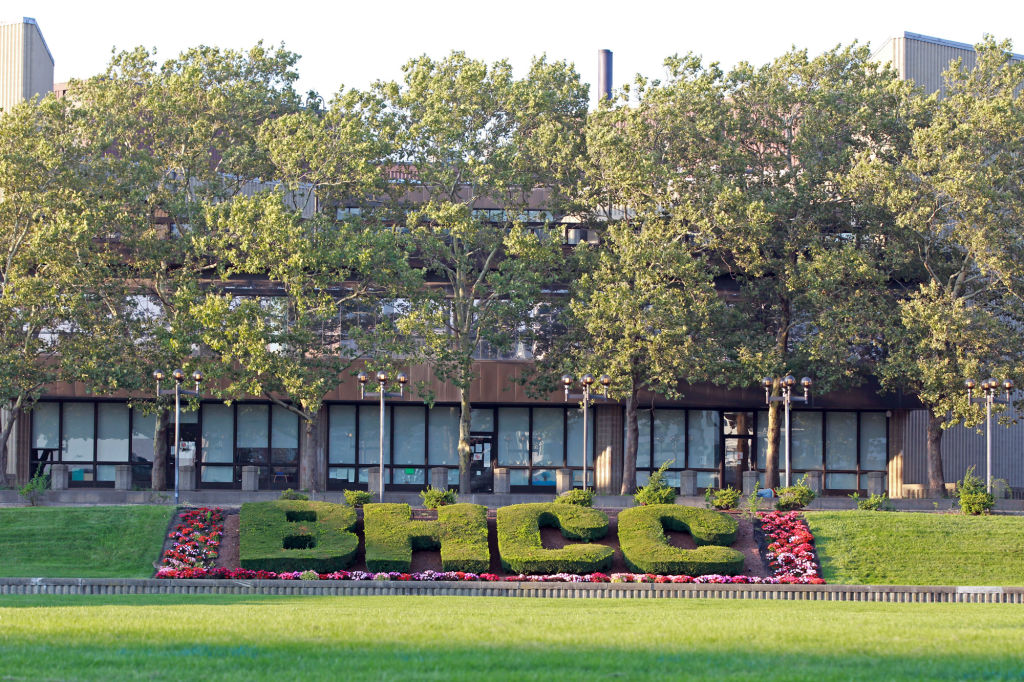Boston Expands Free Community College Program to All Residents
 Credit: Image Credit: Stuart Cahill / MediaNews Group / Boston Herald / Getty Images
Credit: Image Credit: Stuart Cahill / MediaNews Group / Boston Herald / Getty Images- Boston will expand its free community college program to cover all city residents, Mayor Michelle Wu announced.
- The program previously had requirements based around students’ income.
- The free community college program includes six local colleges, according to a press release.
- The expansion comes as Massachusetts Gov. Maura Healey pushes for free community college for adult learners statewide.
Boston will expand its free community college plan to cover costs for all city residents pursuing a short-term certificate or associate degree, Mayor Michelle Wu (D) announced last week.
The city’s Tuition-Free Community College (TFCC) Plan previously covered costs for residents based on income eligibility, but a new $4 million investment will expand the program to all residents, “regardless of their year of graduation, income, or immigration status,” according to a press release.
The city program is formatted as a last-dollar grant, covering a student’s balance after other financial aid has been applied and providing students with a $250-per-semester stipend for up to three years, according to the release.
Six local community colleges are part of the program: Benjamin Franklin Cummings Institute of Technology, Bunker Hill Community College, Massasoit Community College, MassBay Community College, Roxbury Community College, and Urban College of Boston.
“Expanding Boston’s Tuition Free Community College is a critical step in ensuring more of our city’s residents are eligible to pursue a higher education right here in the City. This funding will increase community college enrollment, and connect more residents with quality jobs,” Wu said in the release.
The $4 million investment includes $3 million from the federal American Rescue Plan Act and another $1 million in funding secured by U.S. Rep. Ayanna Pressley, D-Massachusetts, according to the release.
“Not only will expanding Boston’s tuition-free community college program help more students earn a college degree, but it will also help us address the college affordability crisis,” Pressley said in the release.
The program’s expansion will cover undocumented immigrants, according to the release. Monique Tú Nguyen, executive director of the Boston Mayor’s Office for Immigrant Advancement, underscored the importance of immigrant communities to the city in the release.
“All immigrants are key members of our community who contribute to our vibrant culture and economy,” Nguyen said.
“They kept our essential industries running throughout the pandemic, despite the disproportionate impacts of COVID-19 on our BIPOC communities. Providing equal access to all residents, regardless of migratory status, honors their current contributions and invests in their potential in shaping Boston’s future. Now that all Bostonians are eligible to take tuition free community college classes— we hope many undocumented residents will enroll in this program.”
The program expansion comes as Massachusetts Gov. Maura Healey, a Democrat elected in 2022, is pushing for a statewide free community college program for adults over 25 who don’t already have a degree or college credential. Healey’s proposed budget includes $20 million for that proposed MassReconnect program, BestColleges previously reported.
“With help paying for tuition, course funding, books and supplies, and career wrap-around support services, over 1.8 million Massachusetts residents would have the financial flexibility they need to continue their education,” Massachusetts Secretary of Labor Lauren Jones previously said of the proposal.